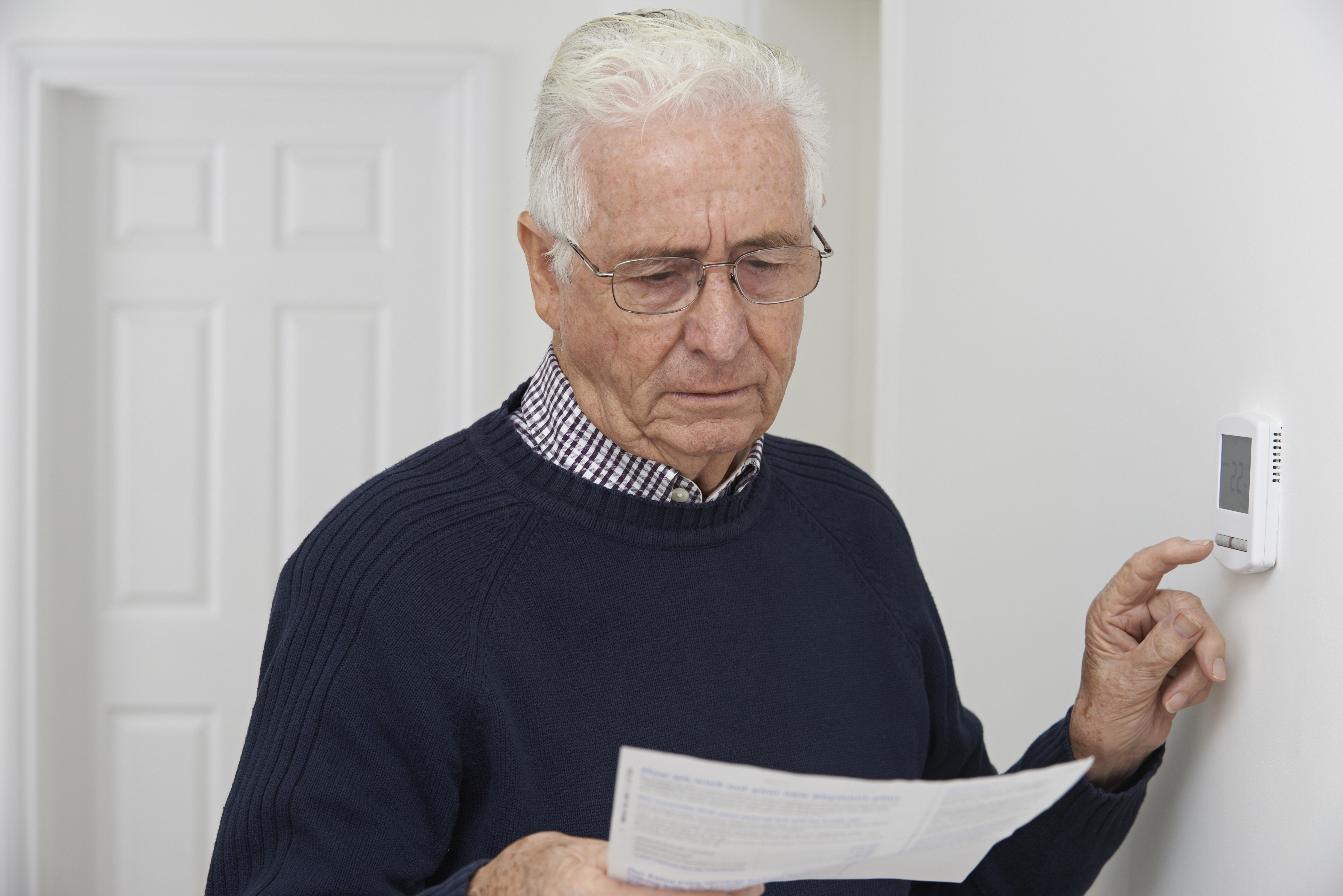AARP Hearing Center

For years, third-party energy retailers have been persuading Maryland consumers to switch suppliers, offering initial utility rates that seemed like a bargain, along with gift cards and other incentives.
After sign-up, however, those rates often skyrocketed—forcing many residents to seek help with utility bills that had become unaffordable, according to advocates and local officials.
Tammy Bresnahan, senior director for advocacy at AARP Maryland, says that will change in 2025, when a new law goes into effect—cracking down on what she and others say are predatory tactics by third-party suppliers that target older and low-income Marylanders. (Those suppliers buy electricity and gas from generators and then sell the energy back to residents.)
The new measure, passed during the 2024 legislative session, will limit variable rates and prevent energy companies from automatically renewing customers in certain programs without giving them at least 90 days’ notice. The law also lays out clearer guidelines for obtaining a license to become an energy salesperson, with penalties for those who engage in unfair or deceptive practices, and it imposes new standards for the marketing of clean energy, among other provisions.
Bresnahan says the law sends a message: “Stop taking advantage of people.” AARP estimates it could result in $200 million in annual savings for state residents.
Laurel Peltier, chair of the Maryland Energy Advocates Coalition—which worked with AARP to win passage of the law—says lower rates won’t be the only benefit. “People may notice fewer aggressive energy salespeople in big-box stores or at their front doors,” she says.
Check your own utility bill with AARP Maryland’s Energy Supplier Toolkit at linktr.ee/MDEnergyToolkit.
—Mike Gruss































































